Recognizing Banking Risks in Emerging Cannabis Business Ventures
By Zoe Grimaldi, Executive Coordinator and J.J. McCoy, Senior Managing Editor, for New Frontier Data
In 2014, Sundie Seefried founded Safe Harbor Services, the nation’s first federally compliant cannabis banking program. Safe Harbor enables financial institutions to extend business banking solutions to cannabis-related businesses (CRBs). Nearly five years later, Seefried, now the CEO of Partner Colorado Credit Union (owner of Safe Harbor), still surveys the excitement of the green rush, and optimism about the market, cautiously.
“We cannot accept this false sense of security” Seefried told 200 attorneys, academics and politicians last week during the Cannabis Law Institute at George Washington University in Washington, D.C. Her “Emerging Risk in Banking” presentation identified systemic legal obstacles confronting CRBs and their counsel.
Seefried described a phenomenon of false optimism originating in the lack of sanctions, following U.S. Attorney General Jeff Sessions’ rescission of the Cole Memo. The Cole Memo discouraged federal prosecution of individuals in compliance with the state’s cannabis laws, and established a legal basis for banks and credit unions to offer their financial services to CRBs. Yet, as time passed after the rescission without major arrests or publicized seizures of assets, the cannabis industry lulled itself into thinking that no news would remain good news. This optimism has only grown since Canada began preparing for its nationwide legalization next month. She reminded listeners that no single market – not even Canada’s – will secure cannabis banking in the American system. If anything, she warned, Canada’s rapidly scaled expansion may create further instability, should the industry fail in its due diligence of new actors during the first few months of Canada’s adult-use program.
Seefried’s presentation highlighted potential pitfalls from a false sense of security: emboldened illicit actors, increasingly difficult cross-border transactions and more complicated due diligence schemes. Seefried added that CRBs often have baked-in appearance problems, since many otherwise plainly legal entities are opaque if by intention, with multiple LLCs and shell-within-shell(s) corporations all falling under the same corporate umbrella.
As companies look for ways to avoid compliance pitfalls, such as going public in Canada or conducting reverse mergers, investors and operators should be aware of the risks and burdens that are triggered by such complicated international transactions. For example, reverse mergers, often require legal, financial, and in most cases, physical relocation to Canada, in addition, acquisitions require comprehensive due diligence and scrutiny, per Financial Crimes Enforcement Network (FinCEN) guidelines, of whether any company, American or Canadian, touches the plant.
Particularly as companies seek to exploit early investors’ confidence, it is important to remember that being established in Canada does not implicitly make a company financially or legally secure.


